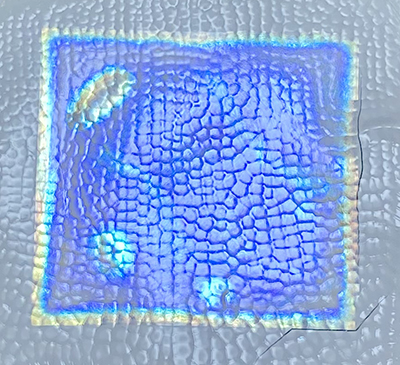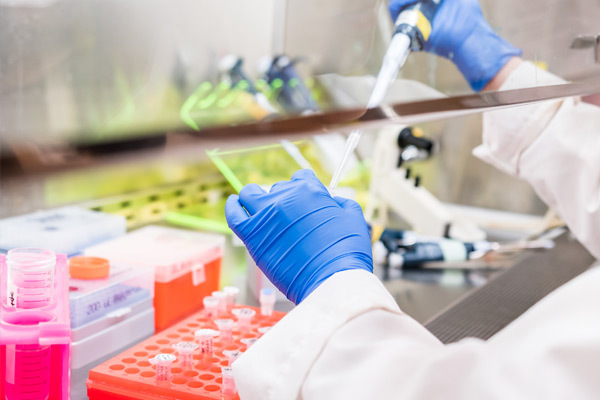The future of sustainable science depends upon green chemistry commitment, exemplification, measurement, and acknowledgement. Celebrate two stunning examples of green chemistry practices that provide solutions for environmental responsibility through reductions in waste, cost, and time of pharmaceutical manufacture as highlighted by the 2023 winners of the Peter J. Dunn Award. The 2023 winners include powerful teams from Bristol Myers Squibb and Merck who will share their innovative approaches that deliver transformative and sustainable science.
The development of efficient and sustainable syntheses of new clinical candidates is a differentiator regarding process development approaches for every pharmaceutical company, and sustainable approaches deliver both scientific and business superiority. Join Harshkumar Patel of BMS as he discusses the overall strategy and key-decisions that led to the development of an improved 3rd generation route to BMS-986278, a potent LPA1 antagonist. During this talk he will specifically highlight the discovery, scale-up and troubleshooting of an ERED/KRED biocatalytic cascade to enable installation of two exceptionally challenging stereocenters. In addition, the presentation will showcase metric-based decision-making coupled with chemical innovation leading to a >8x improved yield while eliminating the use of halogenated solvents. The overall Process Mass Intensity (PMI) and projected raw material costs were subsequently reduced by 86%, and 82%, highlighting the power of Green Chemistry application.
Biocatalytic cascades at times may appear simple “on paper”, but their scale-up often requires exceptional development considerations encompassing co-factors and special process challenges related to physical characteristics. When coupled with protein engineering however, complex cascade transformations for process greenness can be realized with unparalleled specificity and selectivity. Join Matthew Winston of Merck as he discusses the commercial manufacturing route to the cyclic dinucleotide STING agonist MK-1454. During this presentation he will reveal how this biomimetic process leverages a kinase cascade and cyclic GMP-AMP synthase (cGAS) to introduce significant molecular complexity – including chirality at phosphorus – in two telescopic steps, requiring no work-up, nor protecting groups.
This ACS Webinar is moderated by John Tucker of Neurocrine Biosciences and is co-produced by the ACS Green Chemistry Institute Pharmaceutical Roundtable
* If you are having technical difficulties viewing the video please try different internet browsers like Chrome, Firefox, and Explorer. If you still can not access the video please review the following computer prerequisites from our video hosting platform.
What You Will Learn
- Decision-making and strategy evolution to improve process sustainability
- The power of biocatalysis when applied to drug substance manufacturing
- Key process chemistry challenges and approaches to troubleshooting
- How to enable biocatalytic route selection using enzyme discovery, screening, and an engineering workflow in the pharmaceutical industry
- What are the pros and cons of biocatalytic processes and cascades, including reaction conditions, workup and purification
- How to leverage multiple modes of catalysis as demonstrated in the full MK-1454 commercial manufacturing route
Co-Produced With
What an attendee said about this ACS Webinar!

Very interesting topic, well presented and hot off the press! Also highlights the still significant gulf between how organic chemists and protein engineers view "biocatalysis".











